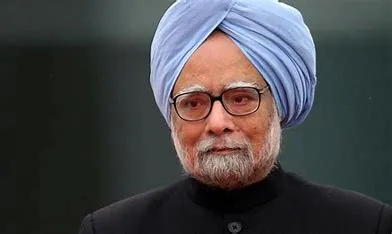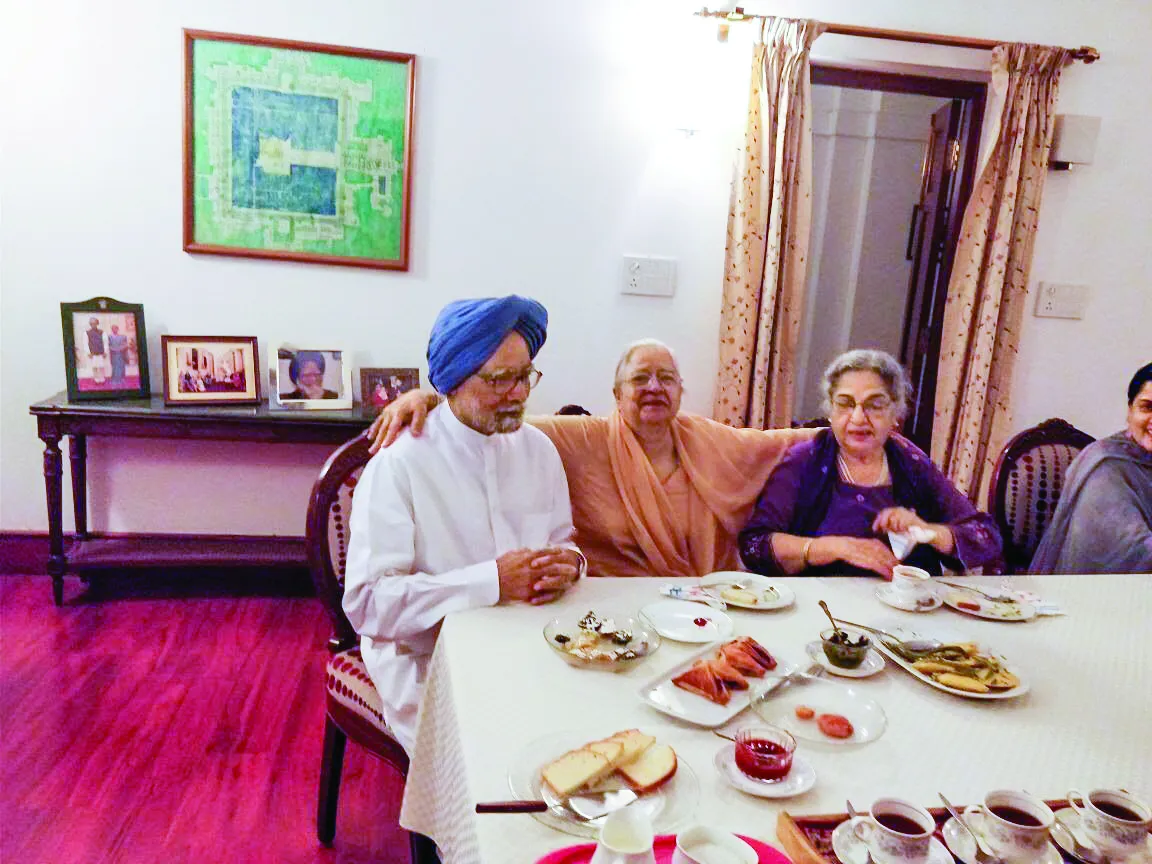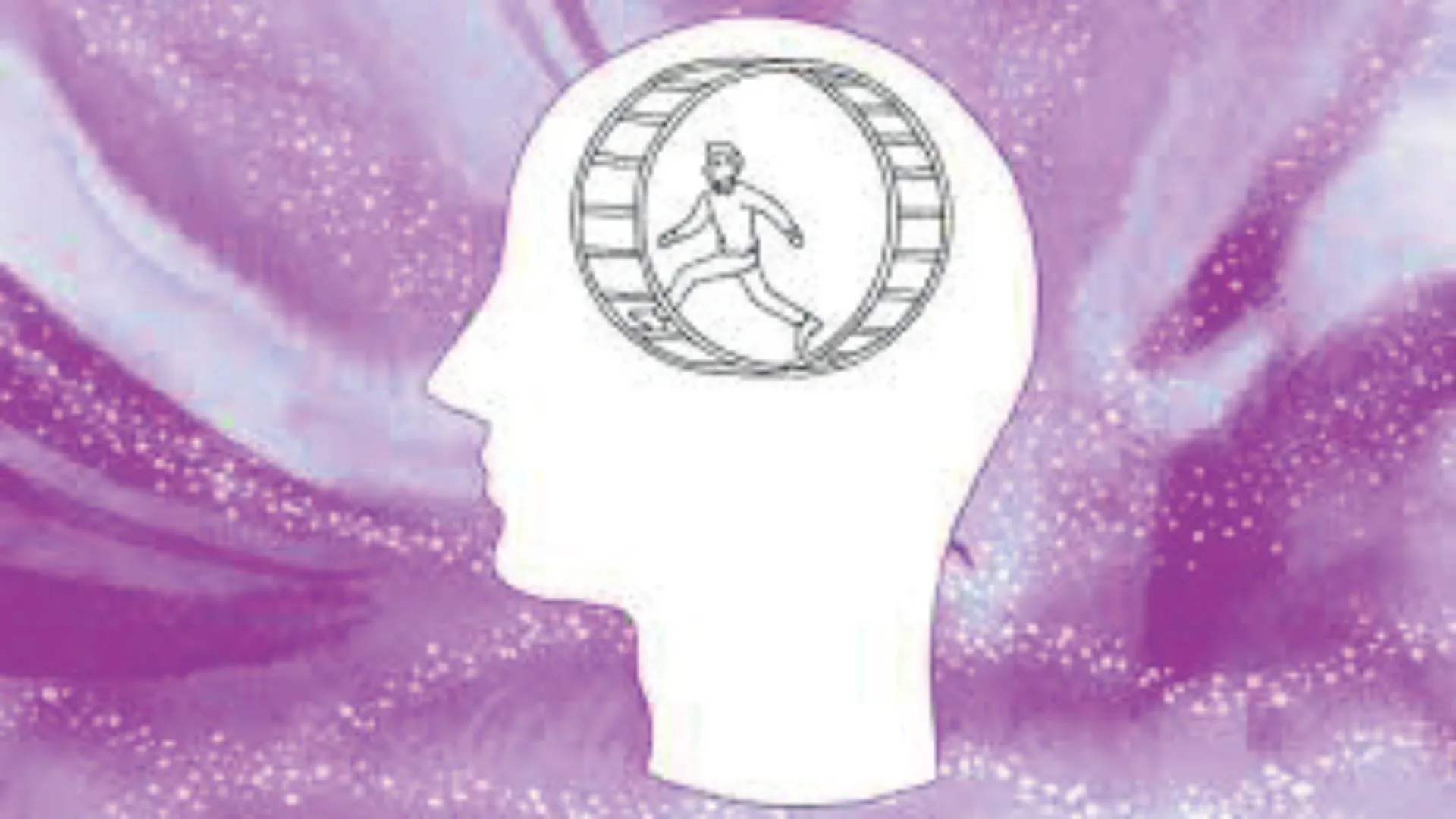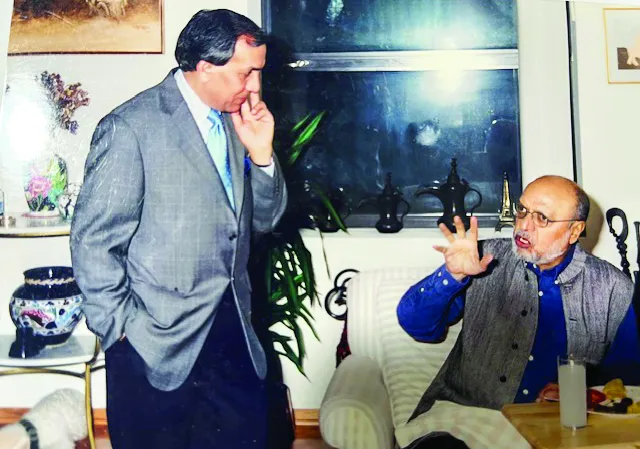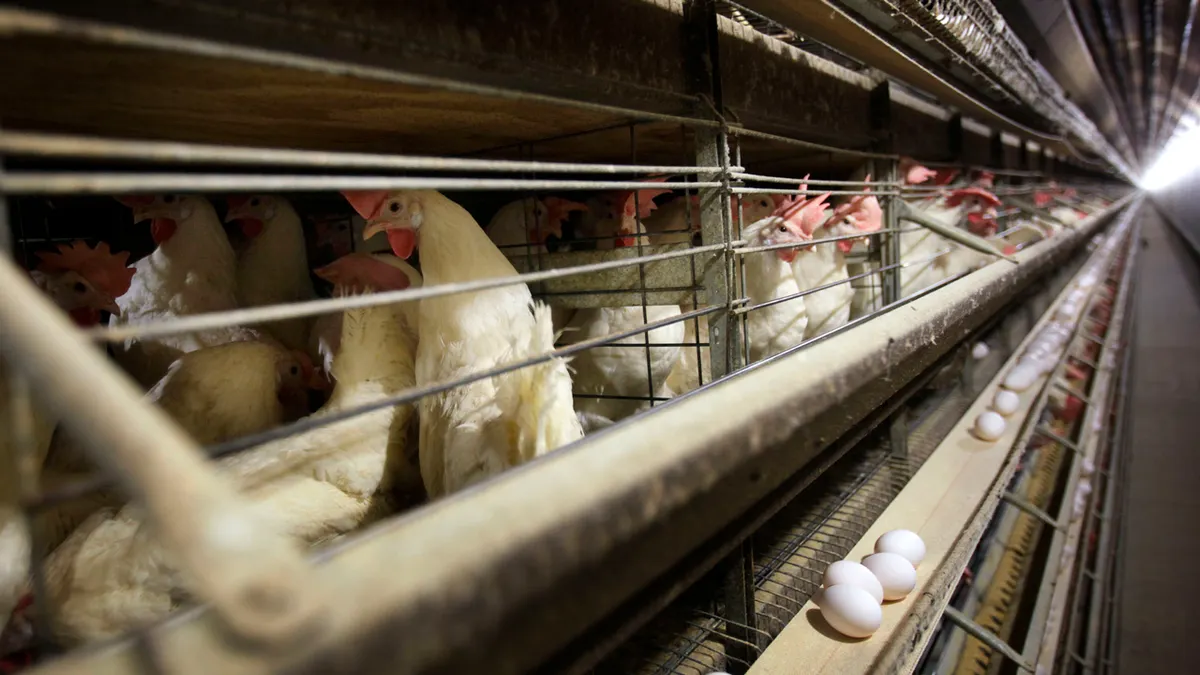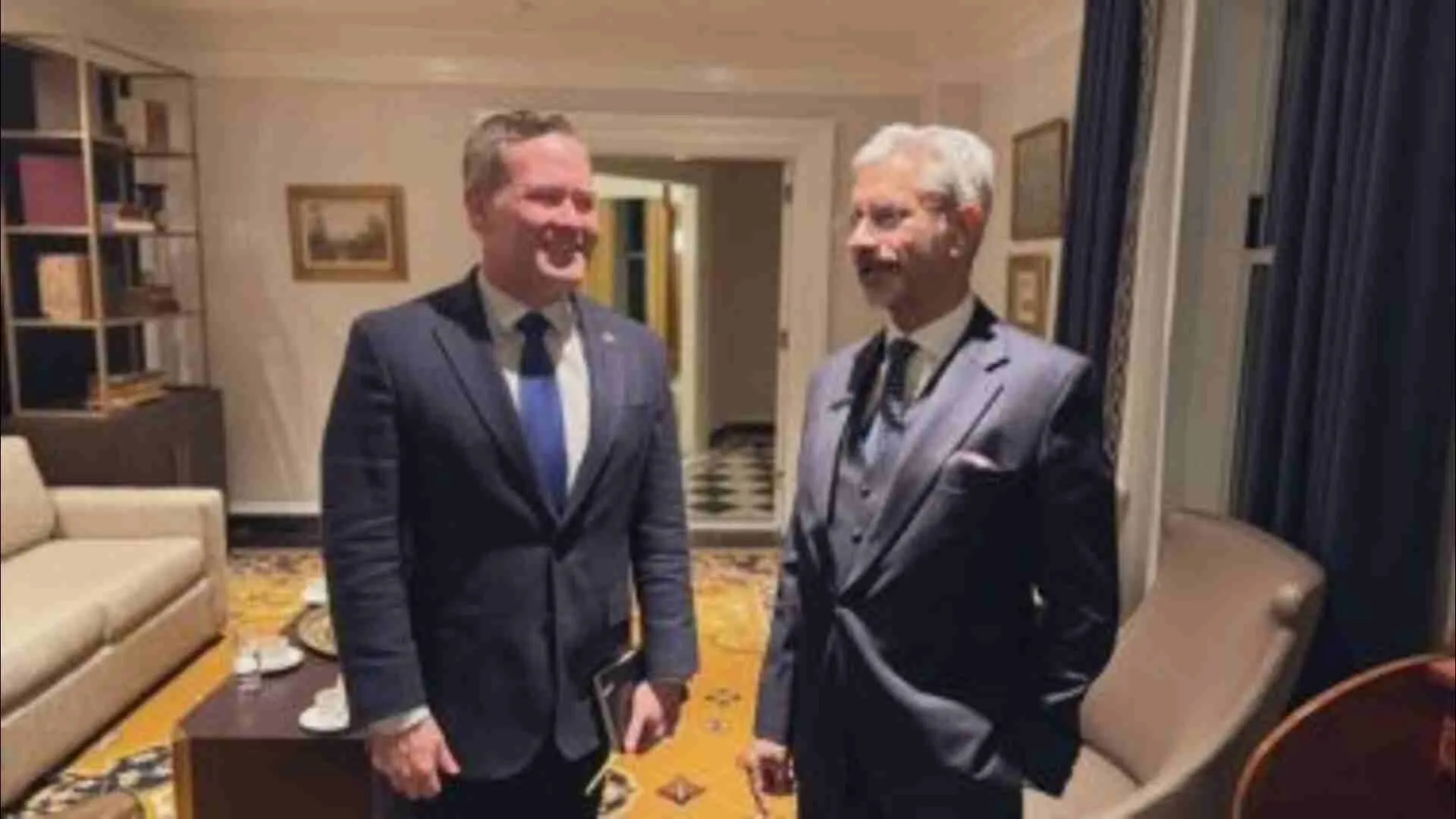Mohan Bhagwat, the RSS Sarsanghchalak, on 3 June took the entire nation by surprise when he famously said, “Everyday, we tend to raise new issues, we shouldn’t do that. Why should we pick up more quarrels? Gyanvapi is a matter of faith for us as part of our tradition. What we have been doing is all right. But why should we go about looking for a Shivalinga in every mosque.” The supremo of the RSS, the ideological fountainhead of the Bharatiya Janata Party (BJP), was referring to the Gyanvapi controversy, though older than the Ayodhya Babari–Ram Janmabhoomi dispute, which was revived after a local court in Varanasi ordered a survey of the mosque complex which Hindus claim was built on the rubble of a Hindu temple raged by Mughal Emperor Aurangzeb. It is interesting to note that the RSS ideologue further observed that the RSS was not interested to launch any agitation for the liberation of Gyanvapi as it has achieved what it set out to achieve on the Ayodhya dispute with Supreme Court verdict favouring a Ram Temple there.
Bhagwat’s remarks can be interpreted in two ways, however.
Anybody who has some sense of history would not disagree that upturning the historical wrongs is a dubious enterprise. Not so long ago a study by IIT Gandhinagar and Archaeological Survey of India (ASI) had revealed a three-storey structure and a Buddhist cave under the Somnath Temple in Gujarat. When the digging was in full swing for the Ram Temple in Ayodhya, Buddhist artefacts and other remains were found. Two PILs were filed in the Supreme Court to seek protection and preservation of the India’s non-Hindu ancient heritage. Justice Arun Mishra not only trashed the PILs but also imposed a fine on the petitioners. His opinion was not different from the six-judge bench headed by Chief Justice Ranjan Gogoi which simply did not consider the Buddhist claim on the site while delivering verdict in favour of a Ram temple. It is a well-known fact that Ayodhya was historically a Buddhist pilgrim centre.
Neo-Buddhists and Dalits have been quite vocal about how ancient Buddhists shrines were usurped or destroyed and Hindu temples were built over their rubble. Amid the raging Gyanvapi controversy, Ratan Lal, a Delhi University professor was arrested by Delhi Police on May 20 over a social media post on Shivlinga. A week or so before, a Lucknow University professor was manhandled and beaten up by ABVP goons for his not-so-favourable views on Gyanvapi issue. Both these professors are Dalits.
At a time when the RSS is going an extra mile to bring Dalits and Adivasis into the larger Hindu fold, such incidents may play spoil sport. It is no surprise then if this factor weighed on Bhagwat’s mind when he made his famous remarks.
Bhagwat chose to put things straight amid another fierce controversy that Nupur Sharma’s intemperate remarks, which she had made against Prophet Muhammad during a TV debate, had created. Sharma had been sacked by the BJP top brass so had been Naveen Jindal a day before, and the backlash from the Gulf and other Muslim countries had taken India aback.
Over 15 Islamic countries, including Saudi Arabia, Kuwait, Qatar, Oman, the United Arab Emirates and Iran, had denounced the remarks. Many of them had summoned Indian ambassadors. Sharma’s had made those ill-informed and intemperate remarks when Vice President Vankaiah Naidu was in Qatar heading a Indian business delegation there. The Grand Mufti of Oman Sheikh Al-Khalili had called for boycott of Indian goods so did some other Gulf counties.
The controversy had not only dented India’s image among Muslim countries, as National Security Advisor Ajit Doval now candidly admits, but had put the spanner in the works of Prime Minister Narendra Modi, who has been so assiduously building bridges with Gulf countries. He was the first prime minister to visit UAE in 2015 after more than three decades. India’s foreign policy since then has put building trade ties with Gulf nations on top priority, which is not misplaced by any yardstick as it is essential for countries energy security. According to an estimate, 4 million Indians work in the Gulf, making remittances of over $80 billion every year.
Barely three days before Bhagwat spoke, the US State Department had in a report slammed India for attacks on members of minority communities. The government had to pull all stops to control the damage the controversy was doing to the country globally. It was left to Bhagwat to rein in on elements whose acts were frittering all the gains that Modi had made all these years.
The lesson: seeking upturning of injustices of the past committed by Muslim rulers is one thing, but building bridges with Muslim countries is an entirely different ball game. Both cannot go hand-in-hand.


